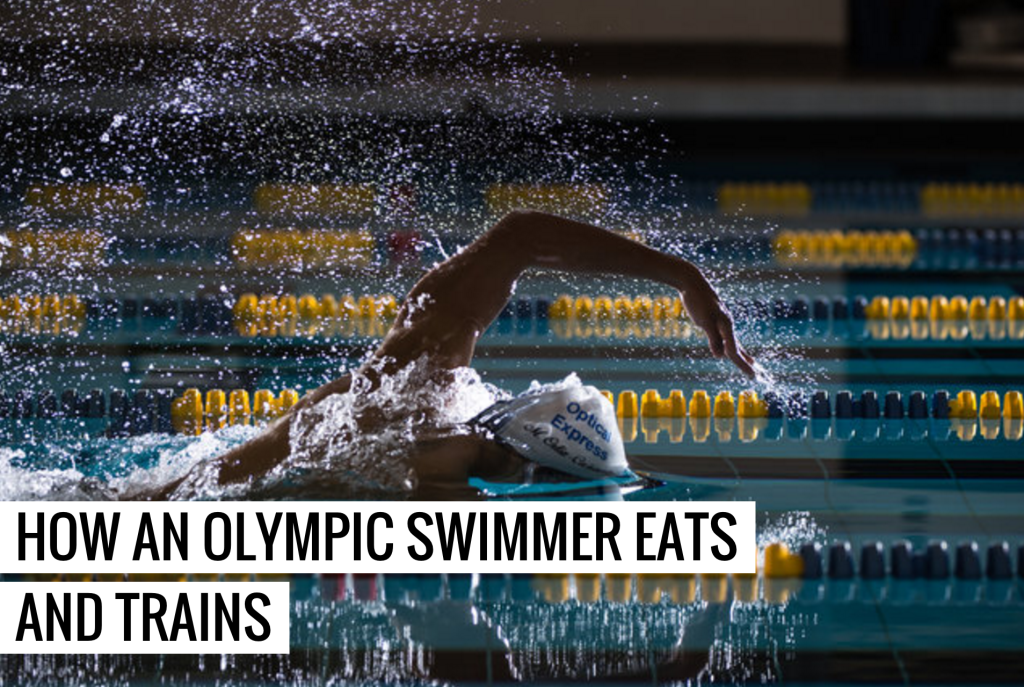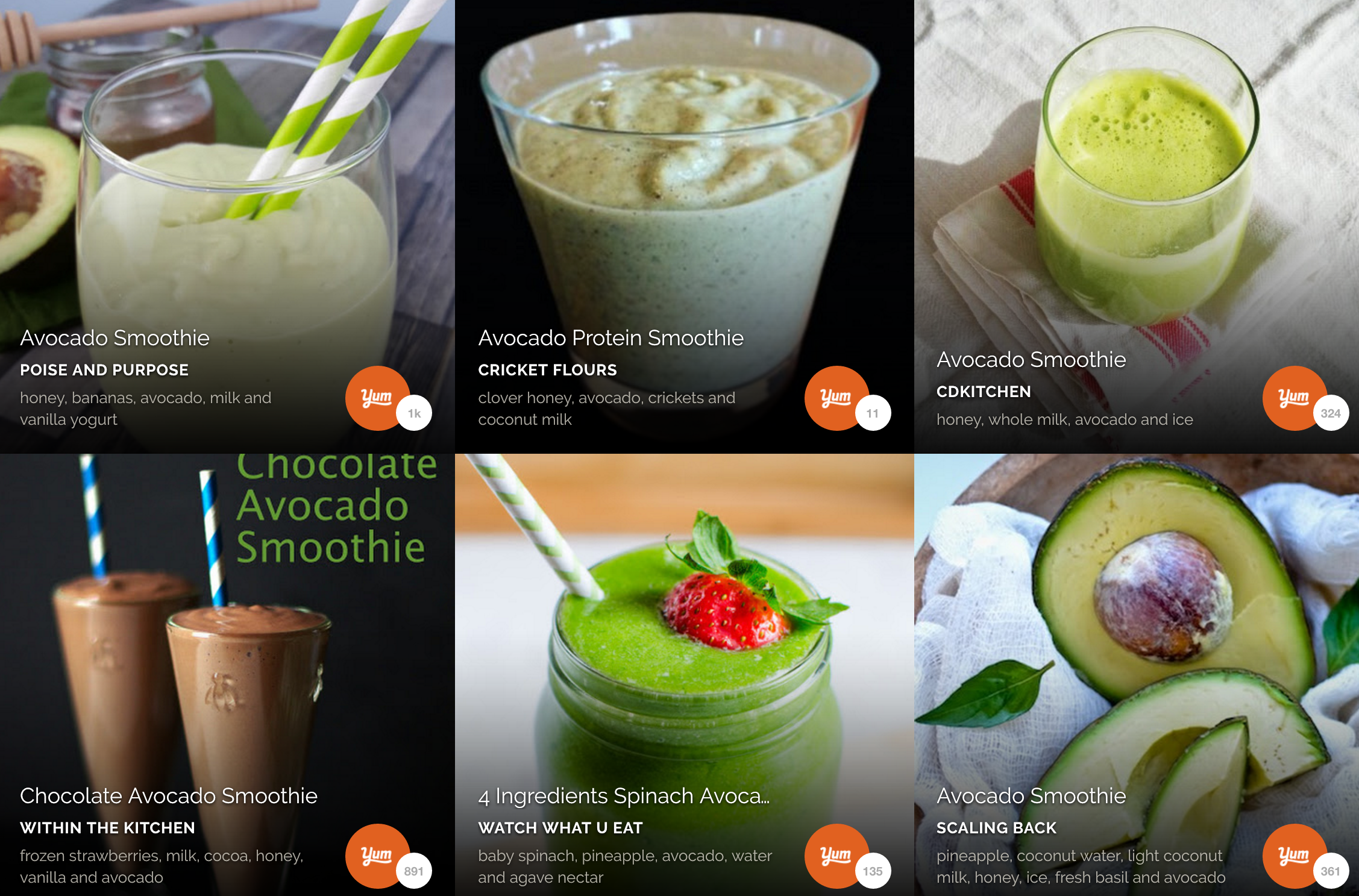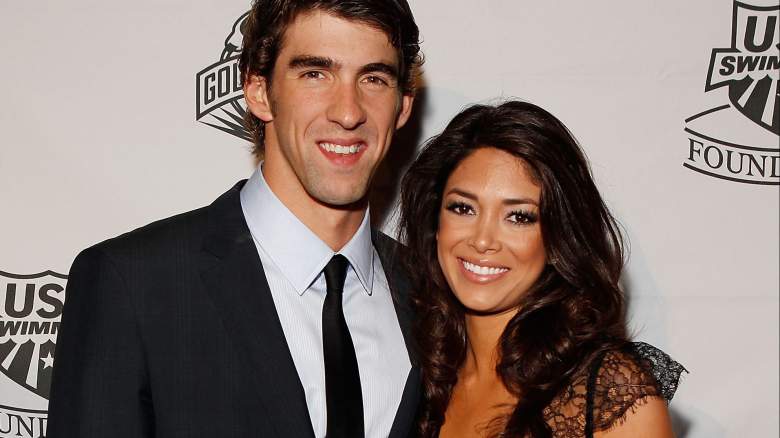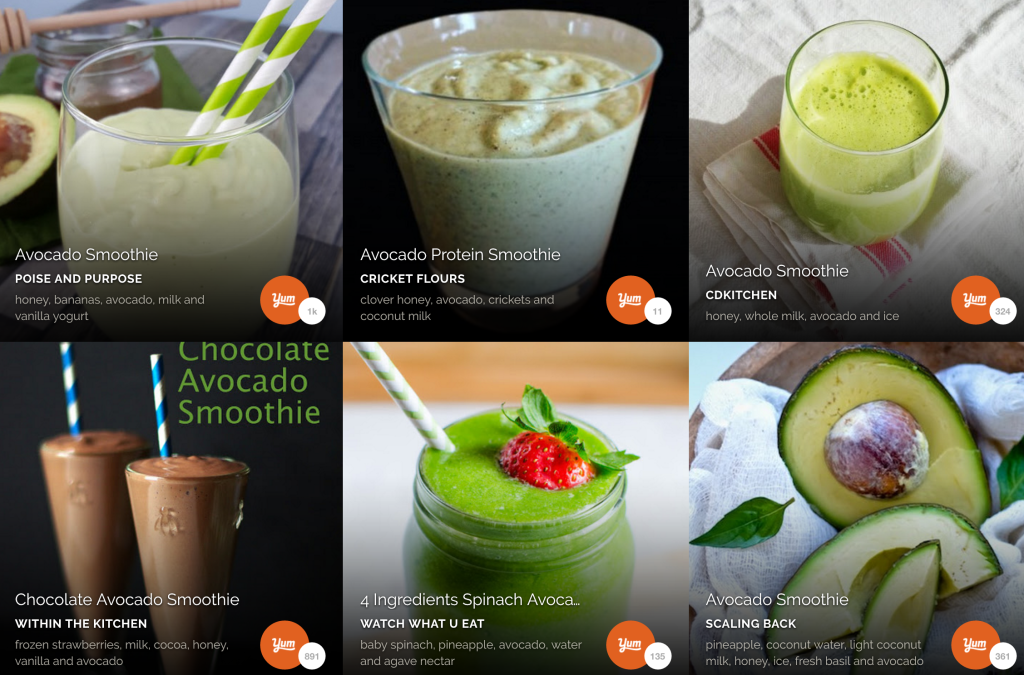 Olympians’ athleticism and thirst for greatness — compared to your thirst for a sugary beverage and ability to spend an entire weekend on the couch — is what makes them so watchable on TV.
Olympians’ athleticism and thirst for greatness — compared to your thirst for a sugary beverage and ability to spend an entire weekend on the couch — is what makes them so watchable on TV.
While you may envy their athletic talent and toned bodies in four-year increments, Olympians adopt a rigid lifestyle every damn day that takes focus, dedication, and passion. Twenty-plus hours of training each week, combined with a monitored nutrition plan is how Olympians are made. Most people are lucky to clock in a 10th of that in exercise each week, to say nothing of the delicious, disgusting food you love eating.
But perhaps you’re seeking slightly more definition to your arms, and less of a limp hang to your gut. You may not win any medals, but that doesn’t mean you can’t steal a few tips from the pros. Er, amateurs, don’t want to offend the IOC. We spoke with Miguel Ortiz-Cañavate, a 6’2″, 193lb Olympic swimmer competing for Spain, to learn what it’s like to train and eat like an Olympian.


